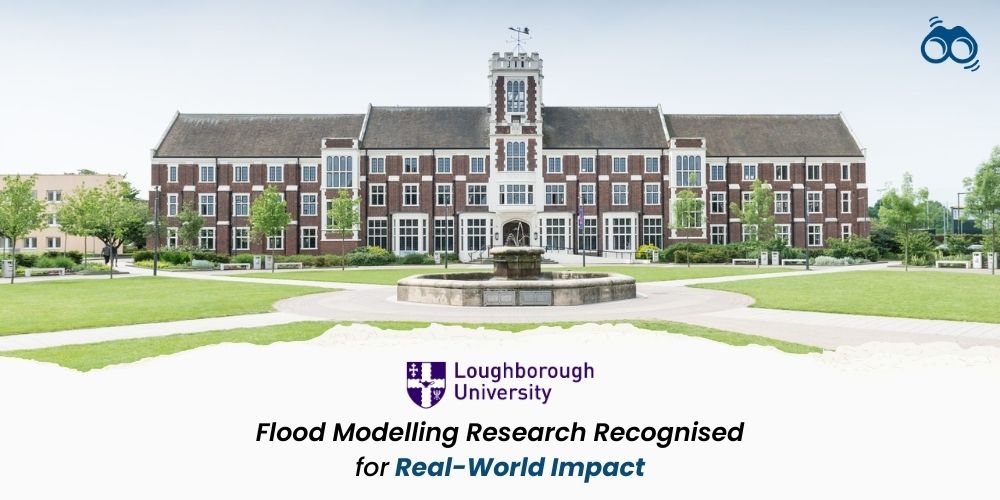Global Recognition for Loughborough University’s Disaster Risk Research
UNESCO Chair and ICIDR Drive Multi-Hazard Risk Management Innovation
The increasing frequency and severity of natural hazard-induced disasters, fueled by climate change and rapid urbanisation, have highlighted the critical need for effective disaster risk reduction strategies. In response to these challenges, Professor Qiuhua Liang of Loughborough University established the Hydro-Environmental Modelling Laboratory for Natural Hazard Risk and Resilience (HEMLab). This innovative initiative leverages advanced modelling and data analytics tools to enhance risk assessment and management, significantly contributing to sustainable development and resilience in the face of environmental threats.
Building on the success of HEMLab, Professor Liang spearheaded the creation of the UNESCO Chair in Informatics and Multi-hazard Risk Reduction and the International Centre for Informatics and Disaster Resilience (ICIDR). These entities focus on driving innovation in multi-hazard risk management, strengthening global research capacity, and shaping policies and engineering practices to deliver substantial national and international impact.
Recognising their remarkable contributions, the UK Environment Agency featured Professor Liang’s team at Loughborough University as a case study for their High-Performance Integrated Hydrodynamic Modelling System (HiPIMS), showcasing how research investment can positively influence flood risk management. HiPIMS, developed over two decades, is an open-source flood modelling tool designed to improve flood prediction using high-performance computing. It has been successfully deployed for flood risk mapping and forecasting in the UK, China, Nepal, and across central Europe, demonstrating its real-world impact.
The tool has earned prestigious accolades, including the 2024 Prince Sultan Bin Abdulaziz International Prize for Water, for its multi-GPU hydrodynamic models that enable real-time, high-resolution flood forecasting. The UK Environment Agency’s recognition further underscores Loughborough University’s global leadership in disaster risk research and its commitment to translating advanced science into practical solutions that enhance community resilience and protection. Ultimately, these efforts reinforce the importance of innovation and collaboration in addressing global disaster risks, paving the way for a safer and more resilient future.
Editor's Note:
The work led by Professor Qiuhua Liang and his team at Loughborough University represents a significant step forward in disaster risk reduction, highlighting the powerful role of innovation in building resilience. In response to increasing natural hazards driven by climate change and urbanisation, the creation of the Hydro-Environmental Modelling Laboratory (HEMLab) and the development of advanced tools like HiPIMS have provided effective, science-based solutions for flood prediction and management. These contributions offer a valuable model for addressing global challenges through high-performance research and technology. The establishment of the UNESCO Chair and the International Centre for Informatics and Disaster Resilience (ICIDR) further demonstrates a strong commitment to global collaboration. These initiatives help translate research into policy, supporting disaster preparedness and response efforts worldwide.
As noted by Skoobuzz, Professor Liang’s approach—combining technology, practical impact, and international partnerships—underscores the crucial role of academia in shaping a more sustainable and resilient future.














0 Comments (Please Login To Continue)